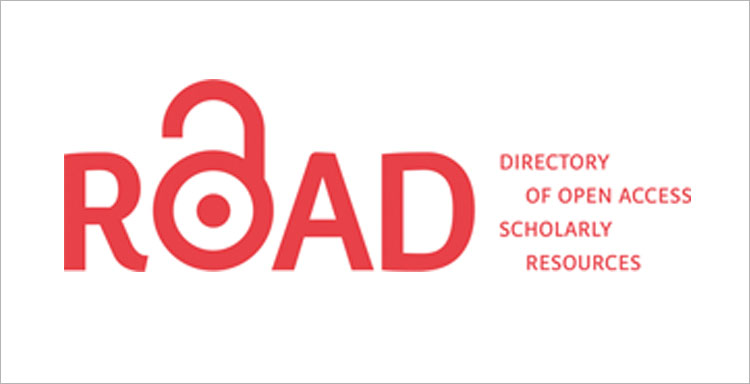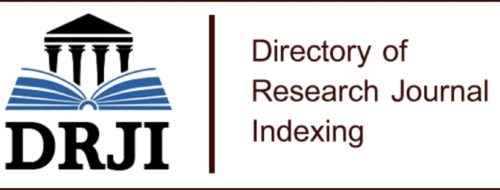Contingency plans for ships: formal safety assessment method; fsa-imo-2002
Keywords:
Emergency on board, marine pollution, emergency planAbstract
From the study of the existing risks, this research synthesized the data derived from the investigation of maritime accidents of the type of ship in question and through the guidelines of the formal safety assessment (FSA), it is possible to detail through flowcharts the entire procedure to continue against any of the risks explained in the formal security assessment (FSA). In this sense, all notable cases of this type of vessel (crude oil tanker) will be identified, thus reducing the probability of their occurrence, during the useful life of the vessel and providing better safety to the crew. In compliance with the International Safety Management (ISM) Code, procedures were followed to identify, describe and respond to possible emergency situations on board, such as: Identification of current conditions, risk assessment, risk identification, risk analysis, risk matrix, risk scenarios, risk control and the proposal framed in the emergency procedures, whether: collision, fire, abandon ship and determination of exercises and drills.
Keywords: Emergency on board, marine pollution, emergency plan.
Downloads
References
BBC. (2001). EEUU, envía rescate a las Islas Galápagos. London.
BBC. (2010). Derrame: "muchas fallas" causaron el accidente de BP. BBC MUNDO.
Hunter, J. (s.f.). Manual de vertidos de hidrocarburos. INTERPOL.
Larraucea, J. (2017). El análisis y la gestión del riesgo a partir de la evaluación formal de la seguridad (EFS/FSA): un nuevo modelo de seguridad Portuaria. Barcelona: Real Academia Europea de Doctores.
Larraucea, R. d. (s.f.). Seguridad marítima en buques tanques. Barcelona.
LIBERTAD, T. (s.f.). REGLAMENTO DE OPERACIONES, SEGURIDAD, PROTECCION Y CONTROL DECONTAMINACION PARA EL TERMINAL PETROLERO DE LA LIBERTAD Y TERMINAL GASERO DE MONTEVERDE APLICABLE AL TRAFICO INTERNACIONAL Y DE CABOTAJE.
Madero, C. (2015). RESOLUCIÓN No. MTOP-SPTM-2015-0148-R (EXPÍDESE EL PLAN NACIONAL DE CONTINGENCIA PARA ENFRENTAR LA CONTAMINACIÓN DE HIDROCARBUROS Y/O SUS DERIVADOS). Guayaquil: Ministerios de transporte y obras públicas.
Marchand, P. (2020). ITOPF Y SU PAPEL EN LOS INCIDENTES MARÍTIMOS. USA.
MARKLEEN. (2018). Derrames de petróleo en el mar. ¿Cómo afectan al medio ambiente? Zaragoza.
MARPOL. (1973). Organización Marítima Internacional. London: OMI.
Oliwatch. (24 de 12 de 2002). Redes de resistencia ambiental. Obtenido de Boletín de la red de resistencia a las actividades petroleras en los trópicos.: https://www.ecologiapolitica.info/novaweb2/wp-content/uploads/2019/10/024_Prestige_2003.pdf
OMI. (1993). Barcos petroleros deberán contar con doble casco. Naciones unidas.
Rose, M. (2018). Vértidos de petróleo: manchas mortales. Madrid: Aquae fundación.
Solanas, J. (2017). El petróleo. México: Ediciones Colihue SRL.
SOLAS. (1960). Convenio Internacional para la Seguridad de la Vida en el Mar. London: OMI.
STCW. (1978). Convenio internacional sobre normas de formación, titulación y guardia para la gente de mar. London: OMI.
Torres, M. (2020). Fenómenos que impactan a la seguridad alimentaria y nutricional. Caracas: Banco de desarrollo de América Latina.
UNCTAD. (2019). INFORME SOBRE EL TRANSPORTE MARÍTIMO.
Vergara, I. (2016). Manual de control de derrame de petróleo. Santiago: OMI.
Published
How to Cite
Issue
Section
License
Copyright (c) 2021 Revista de Ciencias del Mar y Acuicultura YAKU. ISSN: 2600-5824.

This work is licensed under a Creative Commons Attribution-NonCommercial-ShareAlike 4.0 International License.


1.jpg)













